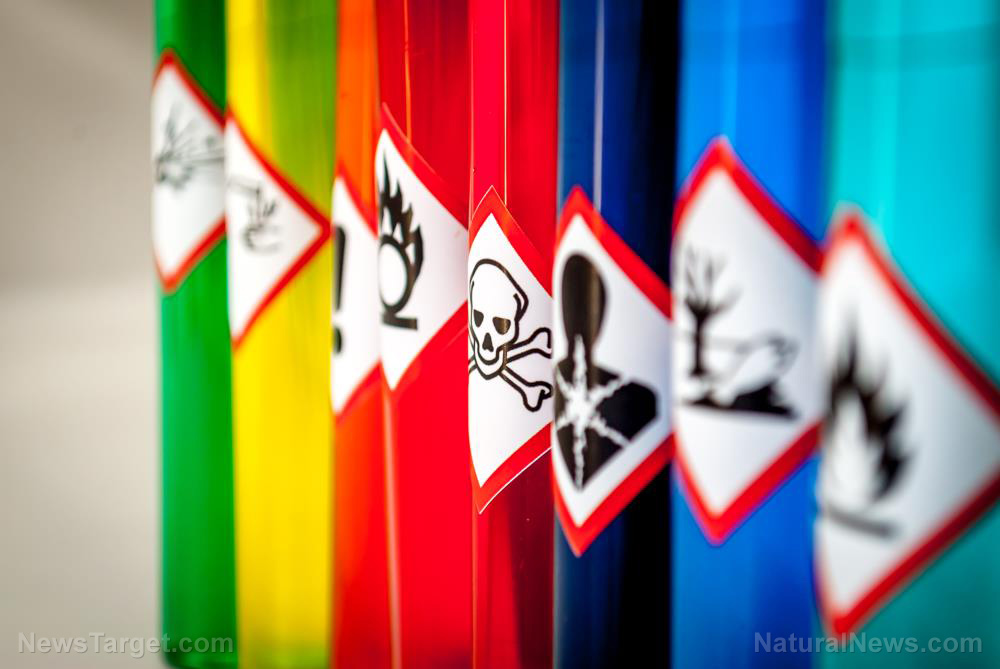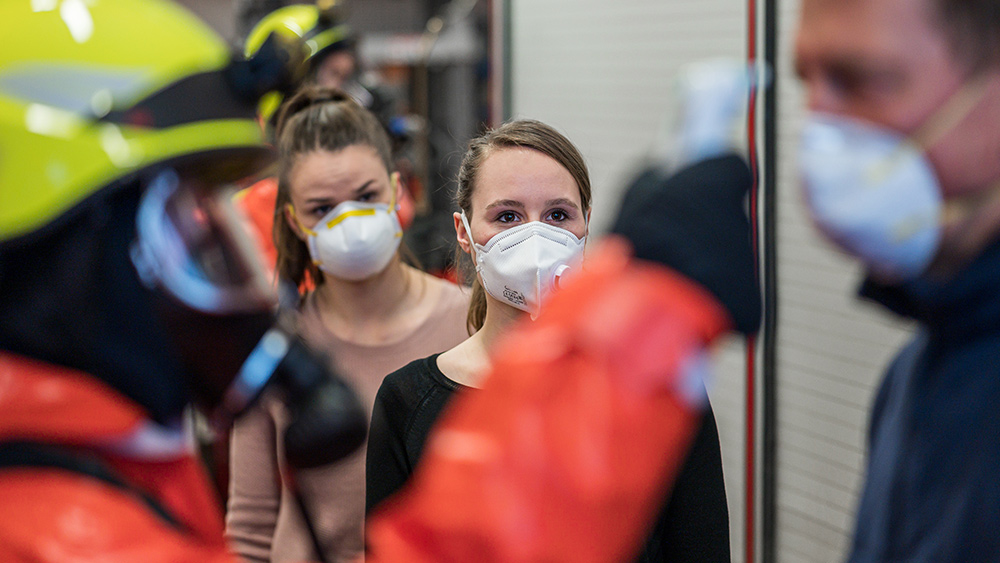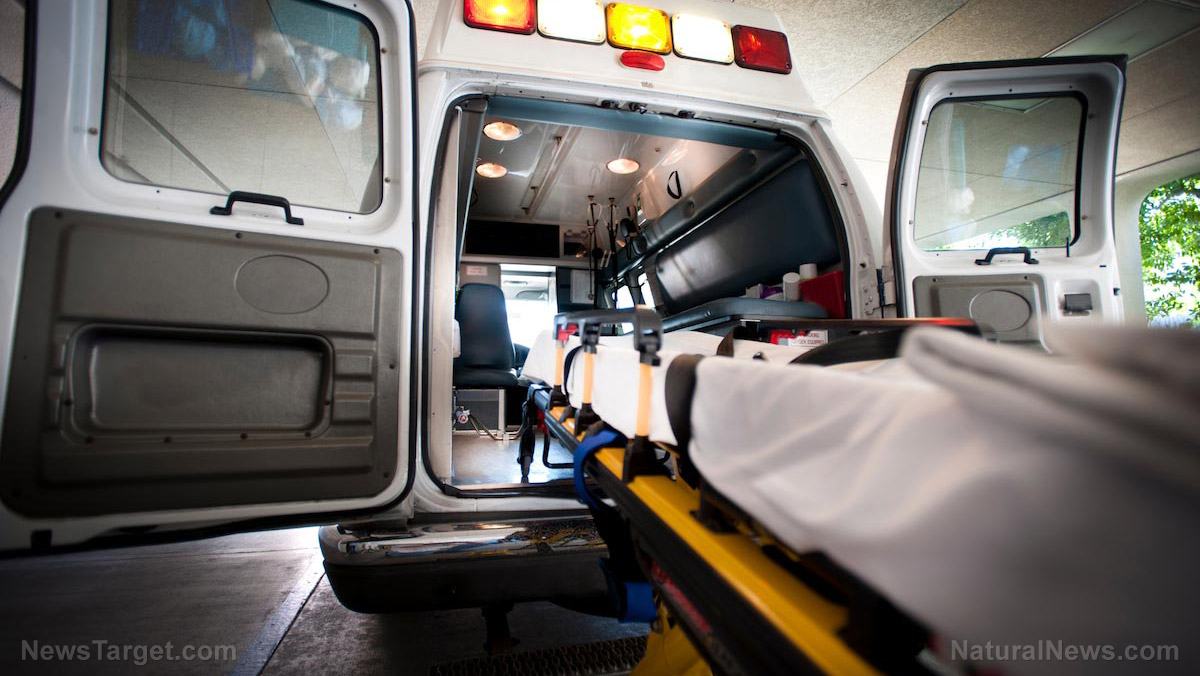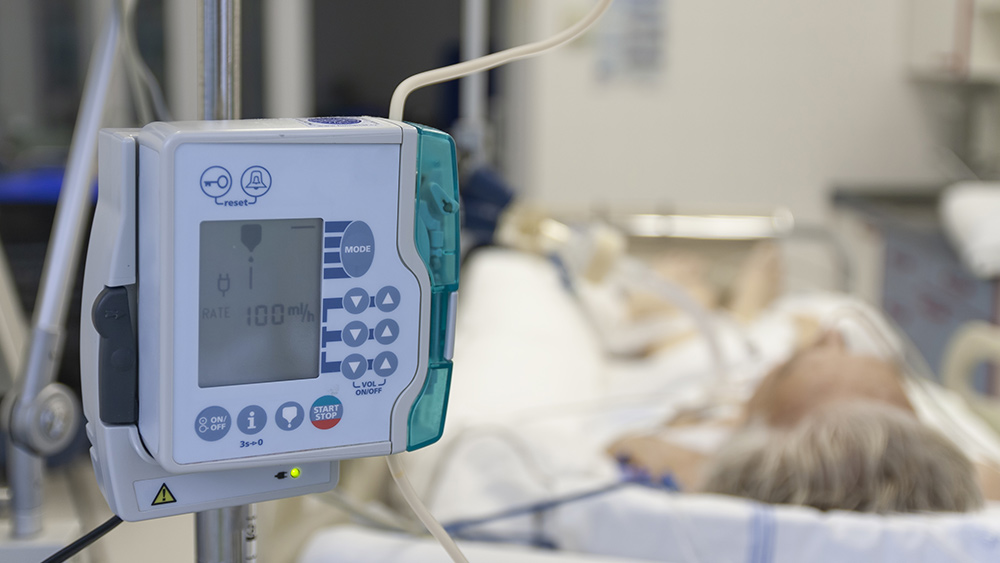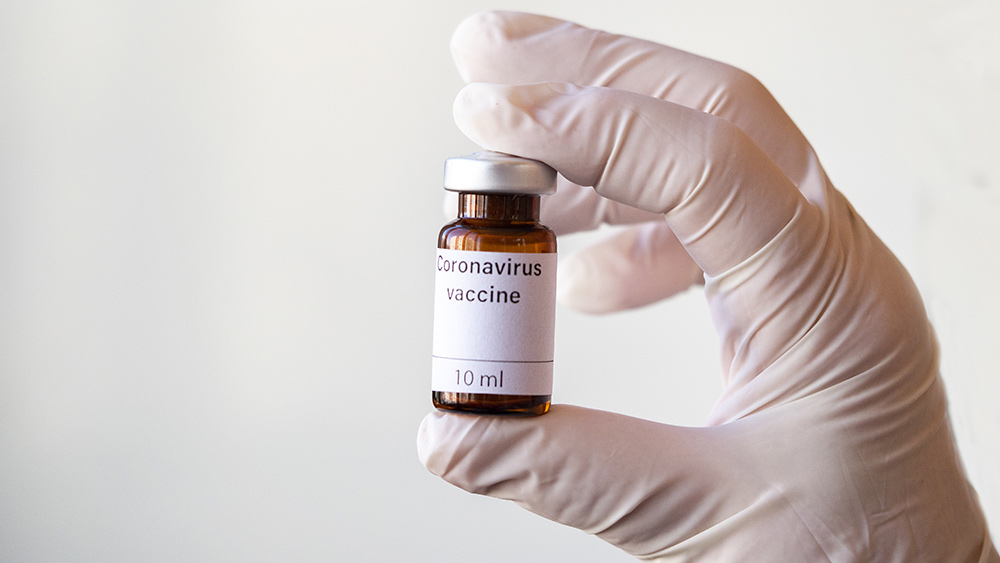Inaccurate test results, patient histories fuel more coronavirus speculation
06/15/2020 / By Michael Alexander
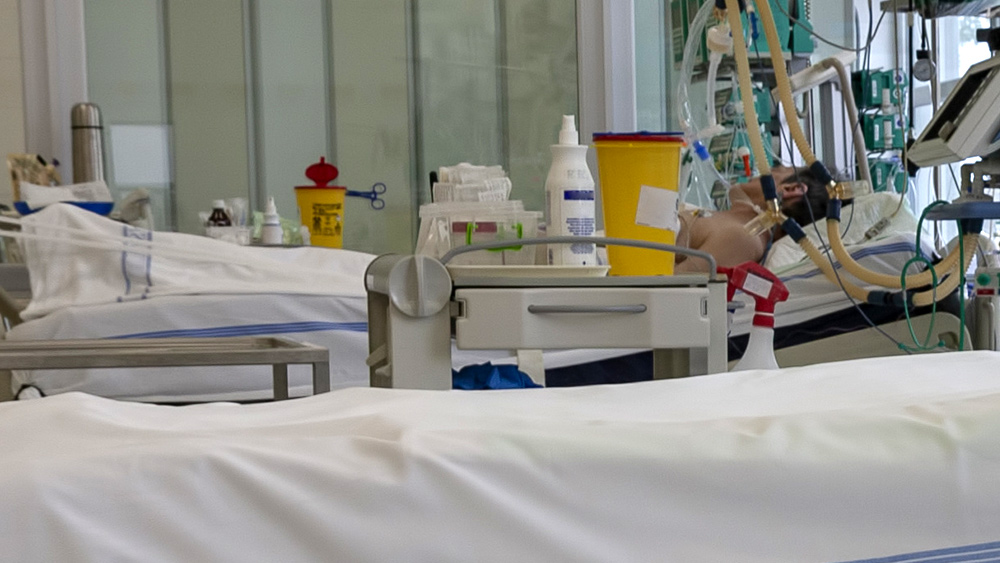
The Wuhan coronavirus may have spread in the United States as early as the fall of last year, according to several reports.
The allegation is fuelled by a volatile combination of inconsistent coronavirus antibody tests and testimonies from individuals who claim to have exhibited the infectious disease’s symptoms months before U.S. health authorities confirmed its presence in the country.
Dental hygienist Judy Abram is among those who claim to be the first to have been possibly infected by the coronavirus, which first appeared in China late last year.
Abram, a resident of New Jersey, said she suffered severe illness last November, which was marked by bad headaches, chills and sore throat. The sickness, she added, became so intense that she had to use her asthmatic son’s spare inhaler for weeks after experiencing severe breathing difficulties.
Abram tested positive for antibodies to the new coronavirus just last month.
“They just have the timeline wrong somewhere, which explains why we’re so deep in it,” she told the Wall Street Journal, referring to the exponential rise in COVID-19 cases in the country.
But Danielle Ompad, a public health researcher at New York University’s School of Global Public Health, is unconvinced.
“The challenge with COVID is the symptoms overlap with a lot of other respiratory illnesses,” Ompad told Business Insider in an interview.
Despite this, however, talk of the coronavirus having established a foothold in the U.S. before January 21 — the date of the first-known U.S. infection — is still rife on social media.
In a Facebook post, which has since been flagged for alleged “disinformation,” a certain Donna Lee Collier posted about a spate of “severe upper respiratory infections” that allegedly happened late last year. According to Collier, those infections were likely to have been caused by the coronavirus.
I have been saying this for the past 2 weeks
Posted by Bonnie Betts Powell on Monday, March 23, 2020
As noted by several reports, people who think they had early COVID-19 infections have since joined a Facebook group called the “Survivor Corps.”
Kelly Flores, a 43-year-old mother of three in northern Virginia, is one of them. She experienced severe coughing, fever, extreme weakness and shortness of breath in late January, with the symptoms eventually persisting well into March. Flores has since tested both positive and negative for coronavirus antibodies from two different kinds of tests.
“It’s such a load off your mind if you know you’ve at least had it once,” Flores said, noting that it is frustrating not to know what one’s COVID-19 infection status is.
Flores is now planning to donate some of her plasma, which is being looked at as a treatment option for those who are currently battling the disease.
CDC confirms coronavirus tests “inaccurate”
While authorities insist that the first cases of COVID-19 in the U.S. only appeared in January, some medical experts suggest the coronavirus came over to the U.S. from China before that – although more testing will be needed to confirm that theory.
“Anecdotally, we’ve heard about some influenza-like illnesses in December and January that were a little bit atypical,” explained Luis Ostrosky, infectious diseases expert at the University of Texas Health Science Center in Houston, adding that such reports highlight the need to expand testing for coronavirus antibodies among individuals. (Related: Asymptomatic coronavirus carriers puzzle scientists.)
Ostrosky adds that in order to ascertain if the coronavirus was, indeed, already in circulation in late 2019, they would have to take a look at blood samples collected from the beginning of December of that year.
There is a problem, however: The serology tests for COVID-19 are not necessarily accurate, according to the Centers for Disease Control and Prevention (CDC), who recently issued new guidelines regarding testings.
According to the agency, the antibody tests used to determine if people have been infected with COVID-19 in the past might be wrong up to half the time, with the tests known to also pick up antibodies caused by other coronaviruses, such as the one that causes the common cold.
Josh Petrie, a research professor at the University of Michigan School of Public Health, stressed that multiple existing viruses could cause severe upper respiratory symptoms, some of which circulated late last year.
Among these viruses, Petrie said, was Influenza B, Respiratory Syncytial Virus (RSV) and Influenza A. According to Petrie, Influenza B infections grew in intensity around November and December last year.
Social distancing, good hygiene help against coronavirus infections
According to authorities, the probability of COVID-19 being in the U.S. much earlier than what was previously thought is still being investigated. With holistic and effective treatments against the virus still to be developed, it’s of utmost importance that individuals continue to practice good hygiene and social distancing practices to avoid infection.
As of this writing, 1,812,742 Americans have been confirmed to be infected with the coronavirus, of whom 105,262 have died.
Sources include:
Tagged Under: America, asymptomatic infection, children's health, coronavirus, covid-19, covid-19 testing, government, immune system, immunity, infections, infectious disease, inferctions, outbreak, pandemic, superbugs, virus




